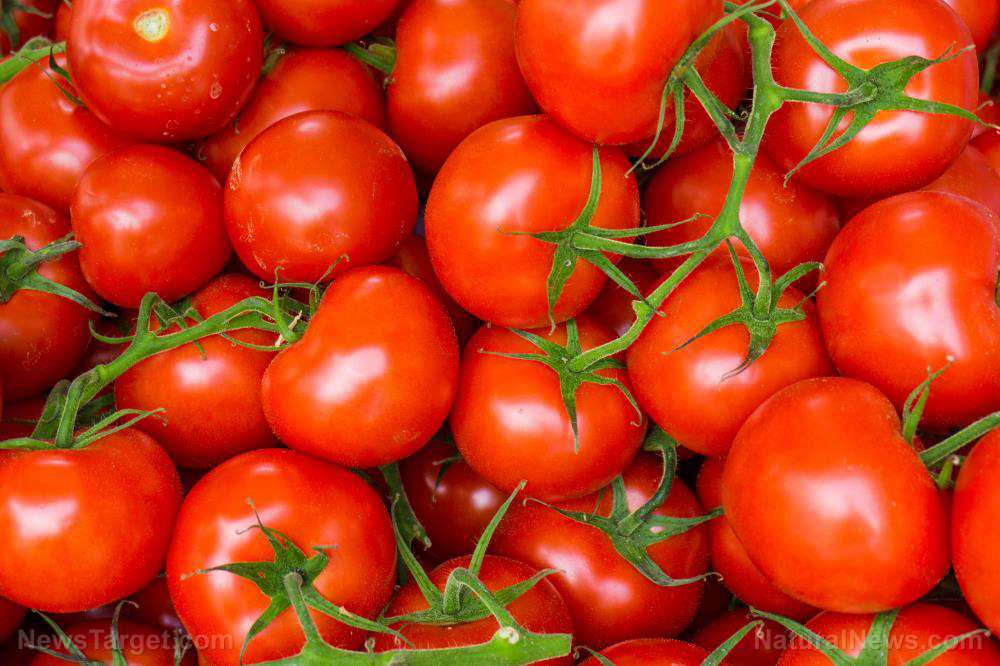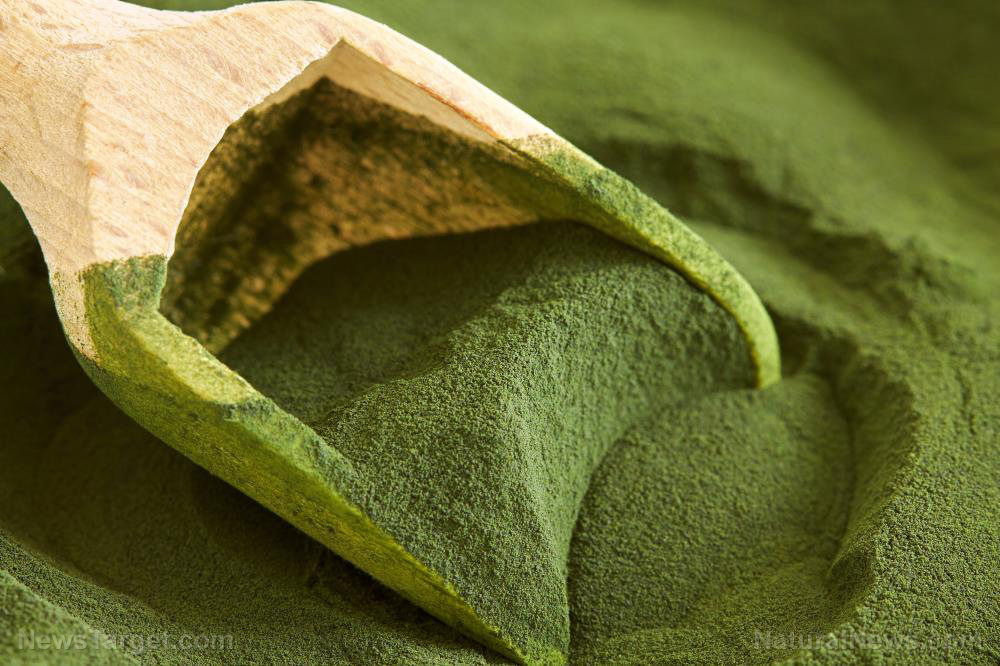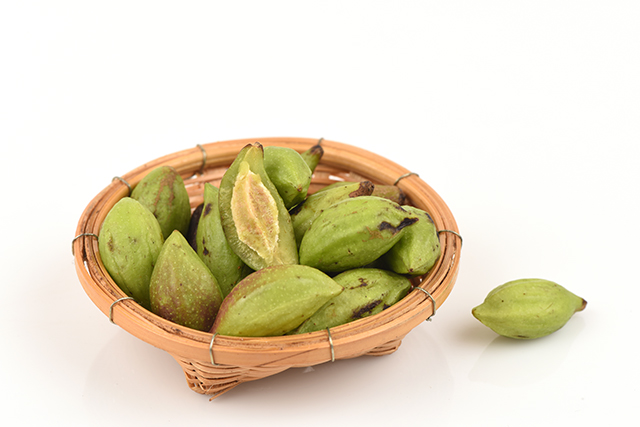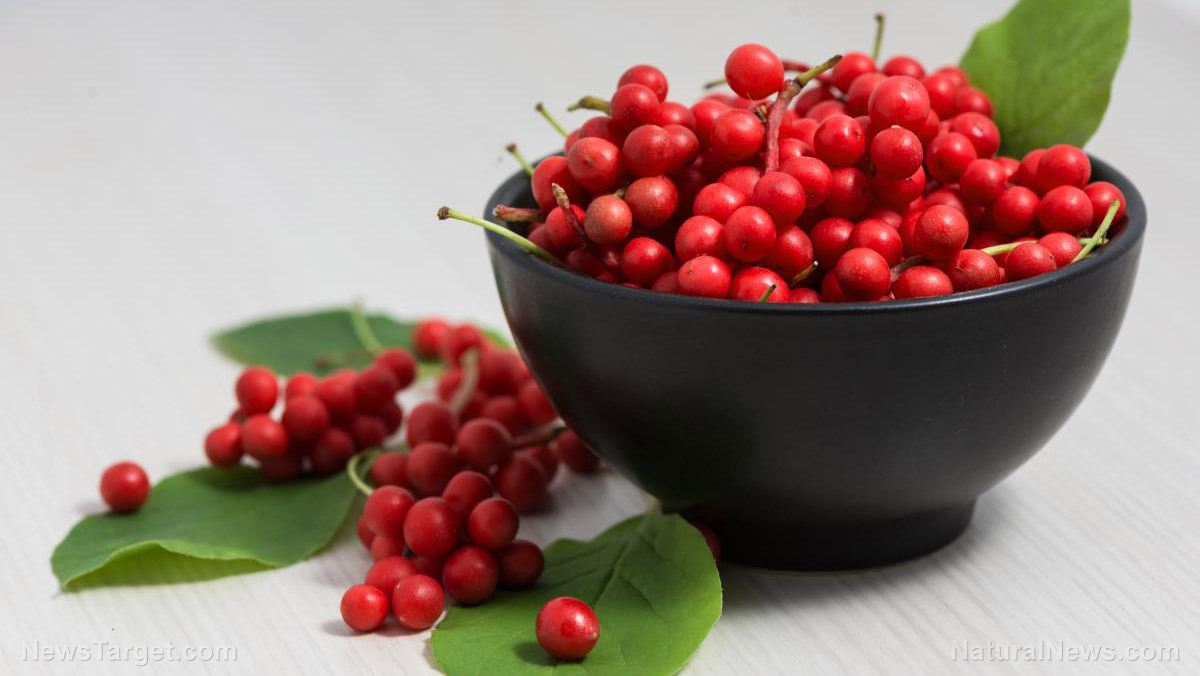Truly the “miracle tree,” moringa boosts immunity and has powerful hepatoprotective effects
01/10/2019 / By Ellaine Castillo

Moringa (Moringa oleifera) is touted as the “miracle tree” due to its numerous benefits with regards not just to health and nutrition but even to the economy. Scientists continue to find more and more uses for moringa. One of the more recent discoveries regarding this plant was that it has the ability to boost the immune system and even protect the liver from potential damage. This was determined by a team of researchers from the University of Ibadan and the Afe Babalola University in Nigeria.
The different parts of the moringa plant all have their fair share of benefits. Traditionally, the plant’s roots were widely used as a natural remedy for rheumatism and constipation. Meanwhile, moringa leaves and seeds were used to treat headaches and liver conditions, respectively. Gum derived from the plant can also be used as a treatment for cavities, dysentery, asthma, and fevers. These days, people also use moringa for its diuretic, analgesic, antioxidant, antifungal properties. Previous studies have shown that the different bioactivities of moringa can be attributed to the presence of various phytoconstituents, which include alkaloids, glucosinolates, isothiocyanates, flavonoids, glycosides, carbohydrates, and sterols.
Although the use of moringa has gained immense popularity over the years, there are still limited studies looking at the plant’s toxicity profile. It is important to be aware of potential toxic effects to be able to establish the safety limits for products derived from this plant. This study, which was published in the journal Pharmacognosy Communications, assessed the possible effects of different concentrations of moringa seed and leaf extracts (100, 200, 400, and 1000 mg/kg body weight) on albino rats. To do this, the researchers used various biochemical assays for markers of liver cell damage, blood profile analysis, as well as the histopathological examination of the different organs.
The results of the experiments showed that the rats administered with moringa seed or leaf extracts exhibited an increase in the number of neutrophils and white blood cells in the blood. This indicates a potential improvement in the immunity of the mice since they are types of immune cells. Furthermore, the rats exhibited reduced levels of liver cell damage markers, namely aspartate aminotransferase, alanine aminotransaminase, and alkaline phosphatase. From this, the researchers determined that moringa possibly protects the liver from damage to some extent.
Overall, this study proves that extracts from the leaves and seeds of moringa have hepatoprotective and immune boosting effects. (Related: Study: Moringa leaf powder improves the immune system of HIV patients undergoing antiretroviral therapy.)
Tips on how to grow your own moringa
You can easily find moringa in many organic markets and you can even buy it in powder or capsule form. However, for the green thumbs out there, there’s nothing more satisfying than growing your own crops. Some people call moringa the “Never Die Tree” since it grows well in harsh conditions even if it prefers tropical and subtropical climates.
When growing moringa, you can either start from seeds or from a cutting. Generally speaking, plants grown from seeds are stronger but make sure that you get mature seeds that are less than a year old. Similarly, if you decide to grow moring from a cutting, go for a mature stem and not a young green stem.
Although moringa can tolerate various soil conditions, it will thrive in sandy, loamy soil that’s directly exposed to sunlight. It is best to plant moringa during spring but it will still grow if you choose to start in the summer. Once you’ve planted moringa, it will require little to no attention. In fact, if you deprive a young tree of water they will grow into more drought-tolerant plants. However, wilting plants are a different case and should be given some water.
After a few months you can already start harvesting leaves from your moringa plant, which you can then use for whatever purpose you wish.
For more articles about the health benefits of moringa, visit Superfoods.news.
Sources include:
Tagged Under: hepatoprotective effects, immune functions, immune system, immunity, liver health, miracle tree, moringa, Moringa oleifera


















